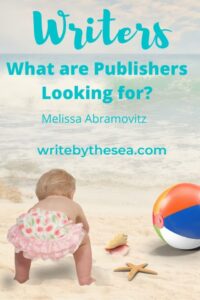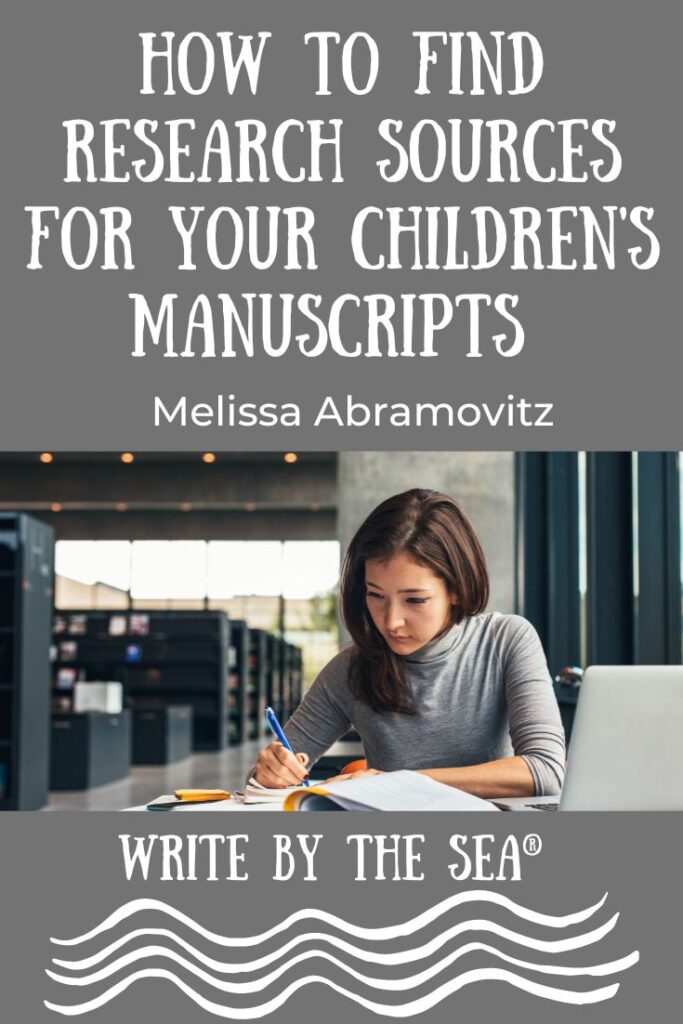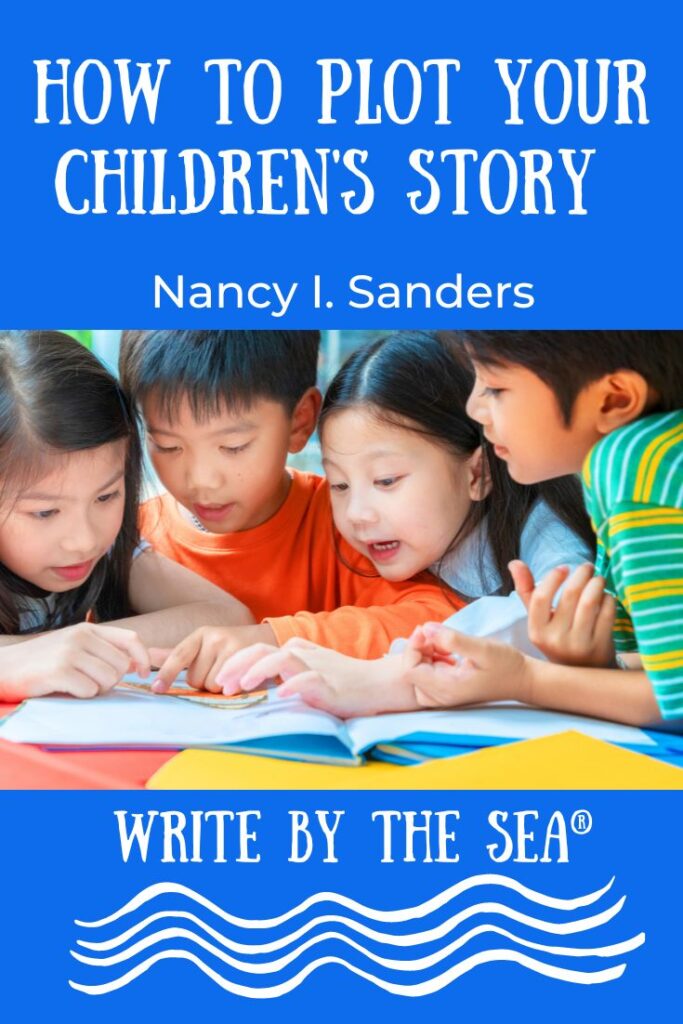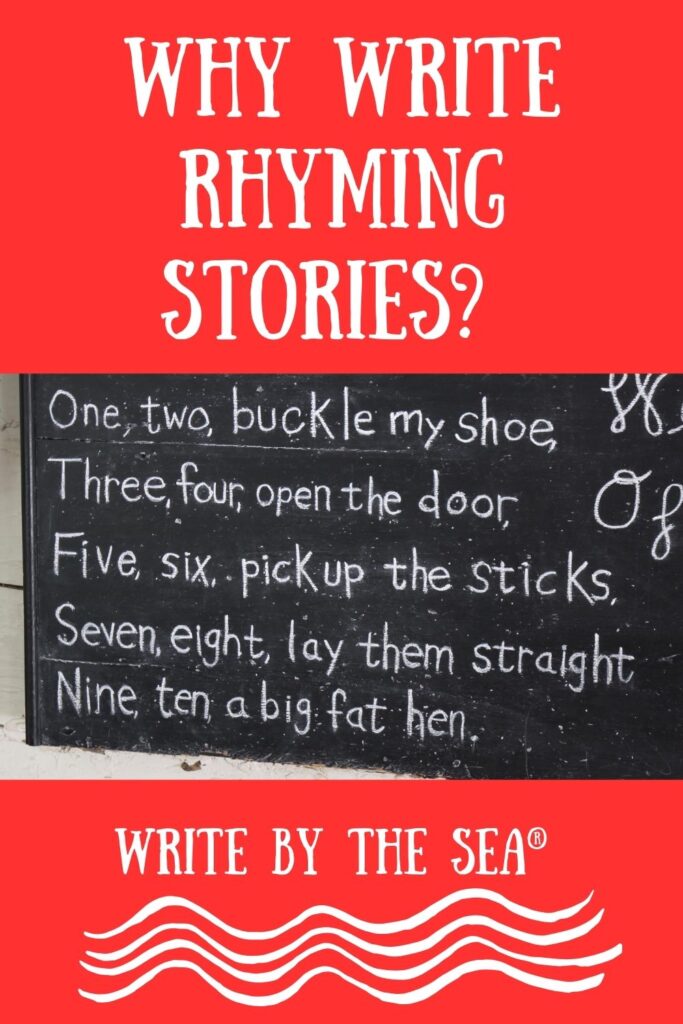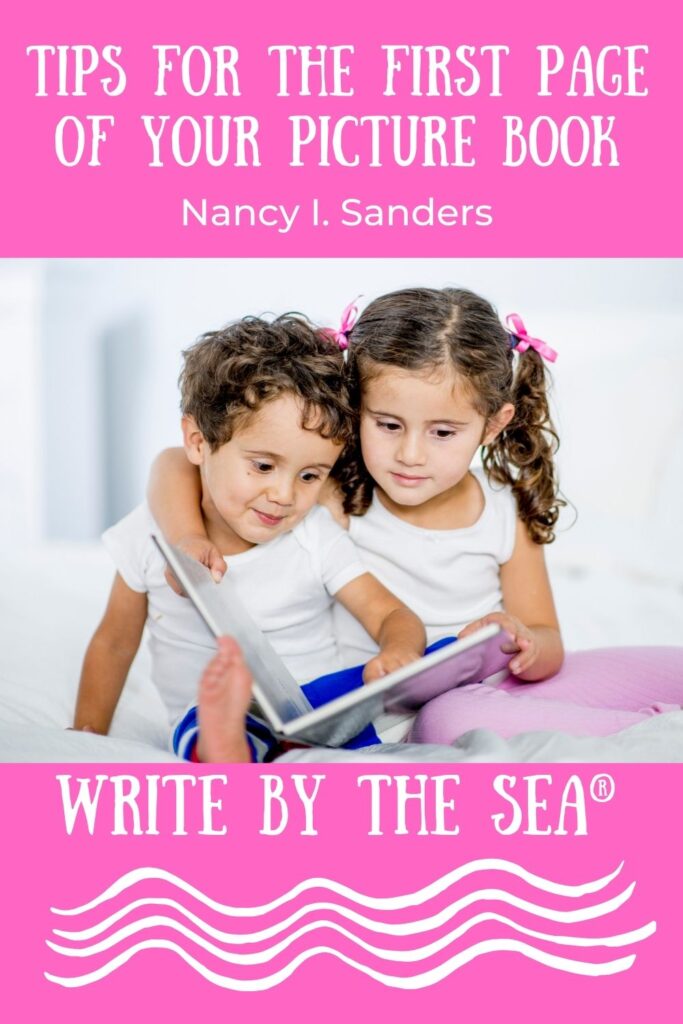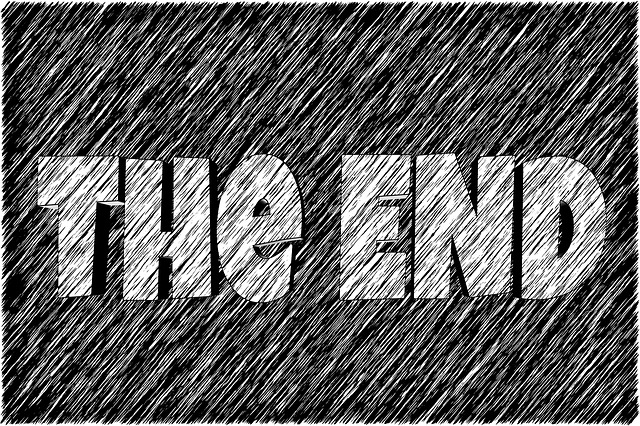What children’s publishers are looking for…who knows?
Some time ago, I read several independent blog posts by editors and literary agents about book submissions they have received in which the cover letter included claims that the author envisioned him or herself as the next J.K. Rowling, Maurice Sendak, Dr. Seuss, or other best-selling author.
The problem with these submissions, the editors and agents stated, is that they are not looking for the next J.K. Rowling or Maurine Sendak or Dr. Seuss.
What children’s publishers looking for—they’re looking for the first and only you.
Or me.
Or someone else who only wants to fill his or her own shoes.
Copycats
Along with claims of being the next famous author, editors and agents are often deluged with copycat tales written by writers who hope to cash in on public enthusiasm for a particular theme – like wizard schools or hunger games – after a best-selling book skyrockets to worldwide super-popularity.
Unfortunately, the vast majority of these best-seller-inspired creations fall flat and end up with rejection after rejection.
And, in many cases, deluge-weary editors and agents post urgent tweets, stating that they will not look at any wizard tales, or dystopian young adult stories, or whatever else inspired widespread attempts to jump on best-selling bandwagons.
This leads many disappointed writers to wonder why editors and agents are less than enthusiastic about publishing a book that would surely become a best-seller, just like the Harry Potter books, for example, because the public is certainly hungry for more wizard tales to feed their Harry Potter-inspired appetites.
So What’s the Problem?
The problem is that the public went nuts over Harry Potter because author J.K. Rowling created a totally original, unprecedented wizard world that charmed people young and old.
Does this mean there is no room for wizard stories written by authors other than J.K. Rowling henceforth and forevermore?
No.
But it does mean that attempts to copycat her creativity and style for the purpose of becoming the second-wealthiest author on the planet are probably not going to interest editors, agents, or the public because they fell in love with J.K. Rowling’s originality and characters and settings, and they don’t want to read attempted facsimiles.
Why would people want to read attempts at spin-offs, when they can read the real thing?
Fill Your Own Shoes
It’s certainly understandable that some writers seek to write about things they know are popular.
After all, most people don’t want to write a book that no one else will want to buy or read.
But what many people don’t know is that most best-selling authors don’t write books because they expect these books to become best-sellers.
Rowling and Sendak and Seuss had no idea whether or not the public would like their creations.
Sendak, in fact, was surprised when Where the Wild Things Are became a best-selling children’s book.
“I don’t write for children. I write – and somebody says, ‘That’s for children!’ I didn’t set out to make children happy or make life better for them, or easier for them,” he stated in an interview.
Sendak and many other authors wrote and/or illustrated their books because the stories and characters they created lurked in their brains and demanded to be crafted into sentences and paragraphs and chapters and books.
As Sendak said in another interview, “I know my work is good. Not everybody likes it, that’s fine. I don’t do it for everybody. Or anybody. I do it because I can’t not do it.”
If you want to write stories that have a good chance of catching agents’ and editors’ attention, write stories whose characters and plots won’t leave you alone unless you commit them to paper or computer screen.
By all means, study published books in the genres that interest you.
Notice how the authors introduce and develop intriguing characters and how they build suspense, and use this knowledge to improve your own writing skills and craft, so you are better equipped to write the stories you must write.
In other words, don’t try to fill the shoes of famous authors because you want to get rich.
Fill your own shoes.
And once you spend months or years crafting and revising the story you must write, you will have achieved something important, even if it is never published or never sells a single copy.
You will have created something that no one else could have written.
About Melissa Abramovitz
 Melissa Abramovitz was an award-winning freelance writer/author who specialized in writing educational nonfiction books and magazine articles for all age groups, from preschoolers through adults. She also wrote short stories, poems, and picture books, and is the author of the book for writers, A Treasure Trove of Opportunity: How to Write and Sell Articles for Children’s Magazines.
Melissa Abramovitz was an award-winning freelance writer/author who specialized in writing educational nonfiction books and magazine articles for all age groups, from preschoolers through adults. She also wrote short stories, poems, and picture books, and is the author of the book for writers, A Treasure Trove of Opportunity: How to Write and Sell Articles for Children’s Magazines.
Melissa graduated from the University of California, San Diego with a degree in psychology and was also a graduate of The Institute of Children’s Literature.
************************
Don’t forget to join our mailing list.
Just fill in your name and email address, below:

